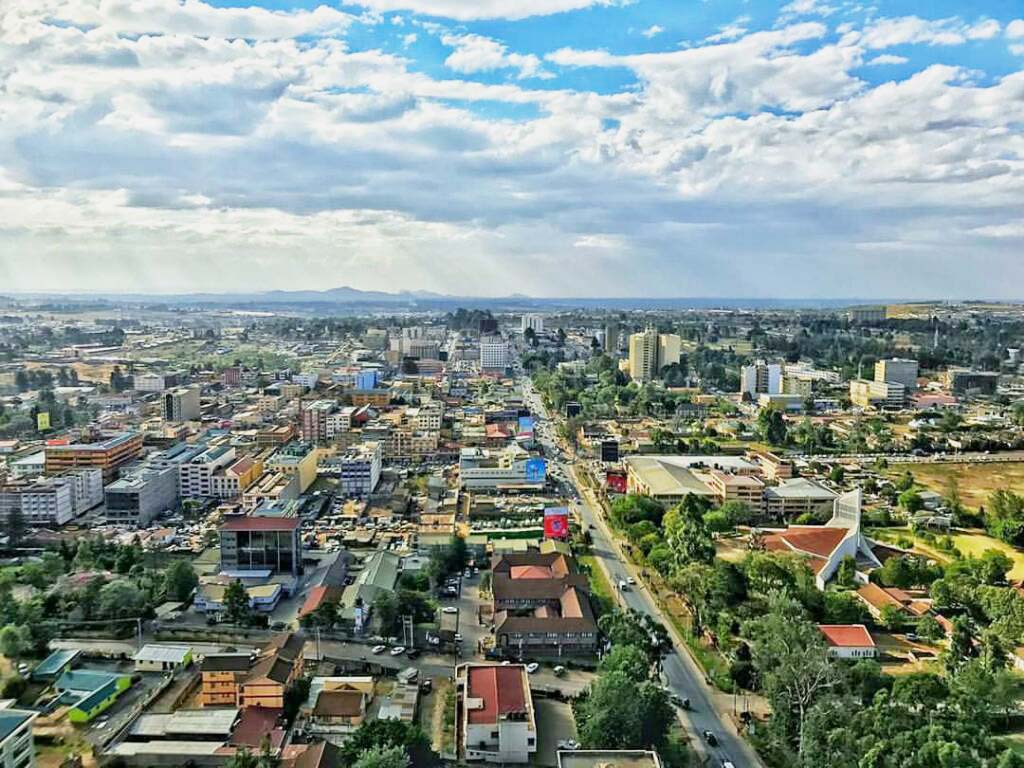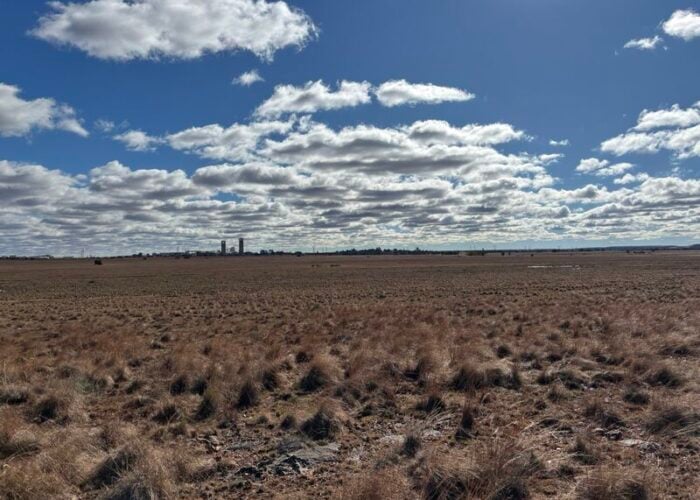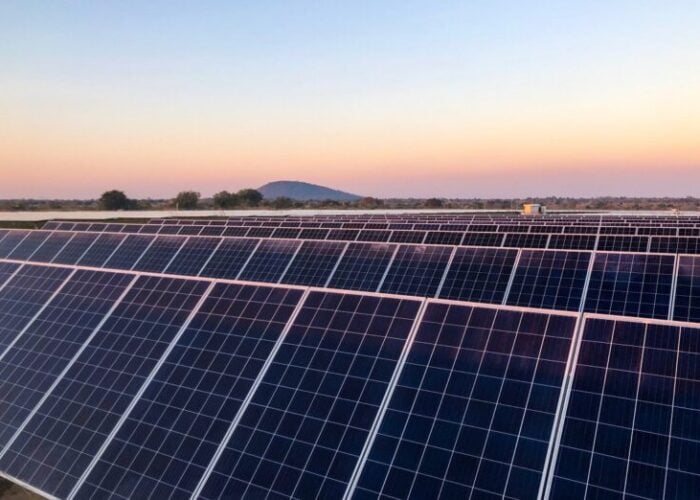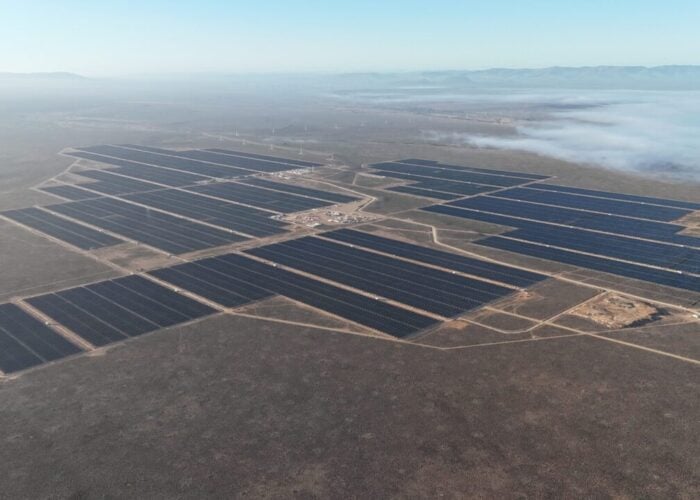
The European Investment Bank (EIB) and Dutch development bank FMO have agreed to finance the construction and operation of a duo of Kenyan solar plants that have a combined capacity of 80MW.
The two banks will contribute US$53 million each to the two 40MW plants, found 300km north-west of Nairobi.
Try Premium for just $1
- Full premium access for the first month at only $1
- Converts to an annual rate after 30 days unless cancelled
- Cancel anytime during the trial period
Premium Benefits
- Expert industry analysis and interviews
- Digital access to PV Tech Power journal
- Exclusive event discounts
Or get the full Premium subscription right away
Or continue reading this article for free
Another US$41 million has been provided by renewables investor Frontier Energy and a pair of prominent Kenyan businessmen, Nairobi-based DL Group chairman David Langat and Ayaz Merali, the managing director of Kenya’s Paramount Bank.
The adjacent Radiant and Eldosol plants will count 300,000 panels and will be connected to the Kenyan grid.
Construction of the plants is underway and is expected to wrap up in mid-2020, the EIB told PV Tech today, adding that Valencia-headquartered Grupotec is the EPC contractor.
Catherine Collin, the EIB’s regional representative for East Africa, said that the financial close of the project was testament to the “close cooperation of government, development partners and private sector investment” in reaching Kenya's goal of national electrification.
Kenya wants universal electricity access for its citizens by 2022 and intends to do so by encouraging private investment in grid and off-grid solutions.
In early September, Kenyan authorities signed a provisional deal with Eurus Energy and Windlab for a 80MW solar-plus-wind-plus-storage facility – billed by project backers as the continent’s largest such hybrid project – in central Kenya. Construction of the US$150 million project is pegged to start in 2021.
The EIB, the investment arm of the European Union, is debating plans to shift its multi-billion energy strategy decisively away from fossil-fuels and towards energy storage and free-market renewables, according to a draft energy policy circulated in mid-September.





